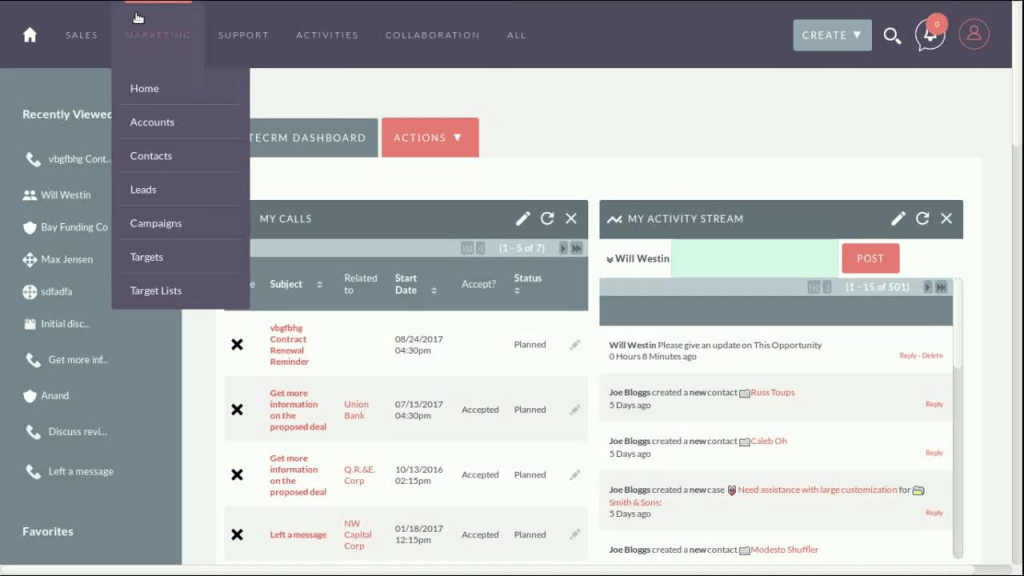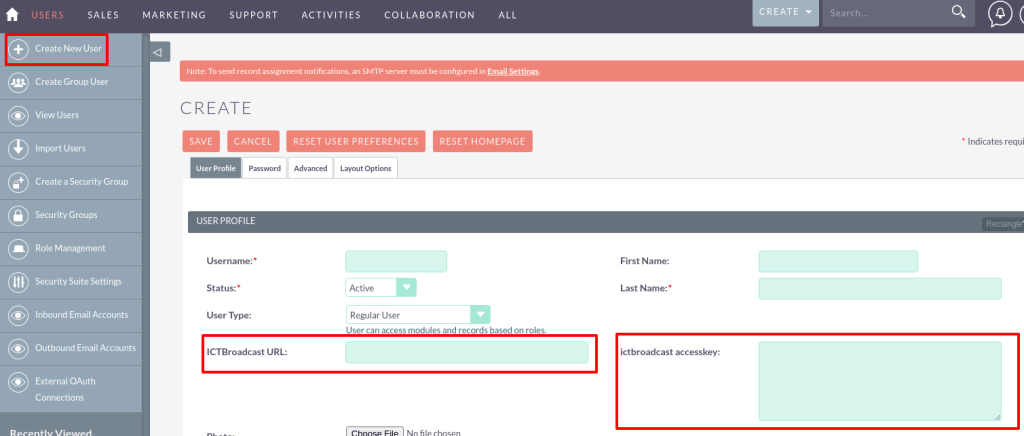Throughout the years, effective Customer Relationship Management (CRM) has been a cornerstone of business success, allowing companies to adeptly handle their interactions with both current and potential customers. Traditionally, CRM software has been exclusively proprietary, developed and marketed by specific vendors. However, in recent times, a notable shift towards open source CRM solutions has emerged, gaining rapid popularity and reshaping the approach businesses take towards customer relationship management.
Open source CRM pertains to CRM software built upon an open source framework, offering users the capability to access and modify the underlying source code. This transparent nature comes with a host of benefits and has propelled open source CRM to a status of disruption within the CRM sphere, leading to significant transformations in business methods and strategies.
Understanding Open Source CRM:
Open source CRM represents a category of customer relationship management software that is developed using an open source framework. In the realm of software, “open source” refers to the availability of the source code, which can be freely accessed, modified, enhanced, and distributed by individuals or organizations. This clear distinction sets open source CRM apart from proprietary CRM solutions, which are created and sold by specific vendors and typically restrict access to their underlying source code.

Advantages of Open Source CRM:
Cost-Effectiveness:
The cost-effectiveness of open-source CRM presents a distinct advantage. Given that open-source software is accessible without charge, enterprises stand to make substantial savings by eradicating the necessity for upfront payments linked to licensing fees and subscriptions that are commonly tied to proprietary CRM platforms. Moreover, companies can evade the potential entrapment of vendor dependencies and lower their extended expenditures by tapping into internal or communal expertise for tailoring and continuous upkeep. This financial edge positions open-source CRM as an appealing choice for businesses aiming to enhance their budget management while reaping the rewards of a comprehensive CRM system.
Flexibility and Customizability:
Open-source CRM systems provide businesses with an unparalleled degree of flexibility and adaptability. Through access to the source code, organizations gain the capability to customize the software to suit their individual business workflows. This entails the incorporation of new functionalities, smooth integration with other systems, and the ability to refine the CRM solution as their operational demands shift over time. This extensive level of customization empowers businesses to construct a bespoke CRM system that precisely corresponds to their distinct prerequisites. Consequently, productivity and efficiency receive a boost, as the CRM solution is finely tuned to harmonize with the organization’s processes and objectives.
Community Support and Collaboration:
Open-source CRM solutions thrive within an energetic community of developers, users, and enthusiasts. This community-centric approach cultivates collaboration, the exchange of knowledge, and the ongoing enhancement of the CRM software. Businesses that adopt open-source CRM can harness the collective wisdom of this community to address challenges, uncover novel functionalities, and reciprocate by sharing their own enhancements and bug rectifications with the community at large.
Security and Data Control:
Open-source CRM software introduces heightened security and data management capabilities. In contrast to proprietary CRM systems, where businesses frequently encounter limited insight into the underlying code and structure, open-source CRM provides a more transparent environment that facilitates the detection of vulnerabilities and the assurance of data confidentiality. This openness enables organizations to scrutinize and confirm the security protocols embedded in the software, affording them heightened authority over their data and the capacity to introduce essential security improvements.
Unifying Open Source CRM with Communications:
In a world that’s becoming progressively interconnected, the significance of adept communication cannot be overstated when it comes to upholding robust customer relationships. Through the integration of open-source CRM with communication tools, businesses can elevate their CRM functionalities and simplify interactions with customers. Below are several pivotal methods through which open-source CRM can be harmonized with communication tools:
Integration with Email Systems:
Email remains one of the most widely used communication channels in business. By integrating an open-source CRM system with email platforms, organizations can automatically capture and record email interactions with customers. This integration enables better tracking of customer communication history, facilitates collaboration among team members, and enhances response times, resulting in improved customer satisfaction and engagement.
Integrating Voice and Telephony:
Voice communication plays a crucial role in customer interactions, particularly in sales and customer support. Open-source CRM can be unified with Voice over IP (VoIP) telephony systems, allowing organizations to make and receive calls directly within the CRM interface. This integration ensures that call logs, recordings, and notes are automatically associated with the relevant customer records, providing a holistic view of customer interactions and enabling more informed decision-making.

Social Media Integration:
Social media platforms have become instrumental in engaging with customers and gaining valuable insights. Open-source CRM systems can be integrated with social media channels, enabling organizations to monitor social media interactions, track brand mentions, and respond to customer inquiries or complaints directly from the CRM interface. This integration enhances social media management, improves customer response times, and helps organizations capitalize on the power of social media for their CRM strategies.
Collaboration Tools Integration:
Effective collaboration among team members is vital for providing seamless customer experiences. By unifying open-source CRM with collaboration tools, such as project management platforms or team communication applications, organizations can streamline internal communication, task assignment, and progress tracking. This integration ensures that relevant information and updates are readily available to all team members, enabling them to work together more efficiently and deliver superior customer service.
Conclusion:
Open-source CRM provides businesses with a flexible, cost-effective, and customizable alternative to proprietary CRM systems. By unifying open-source CRM with communications tools, organizations can enhance their CRM capabilities and create a comprehensive solution that streamlines customer interactions, improves collaboration, and boosts overall customer satisfaction. The combination of open-source CRM and communications integration empowers businesses to build stronger customer relationships, increase operational efficiency, and drive long-term success in today’s highly competitive market.
Leveraging Open Source in ICT
